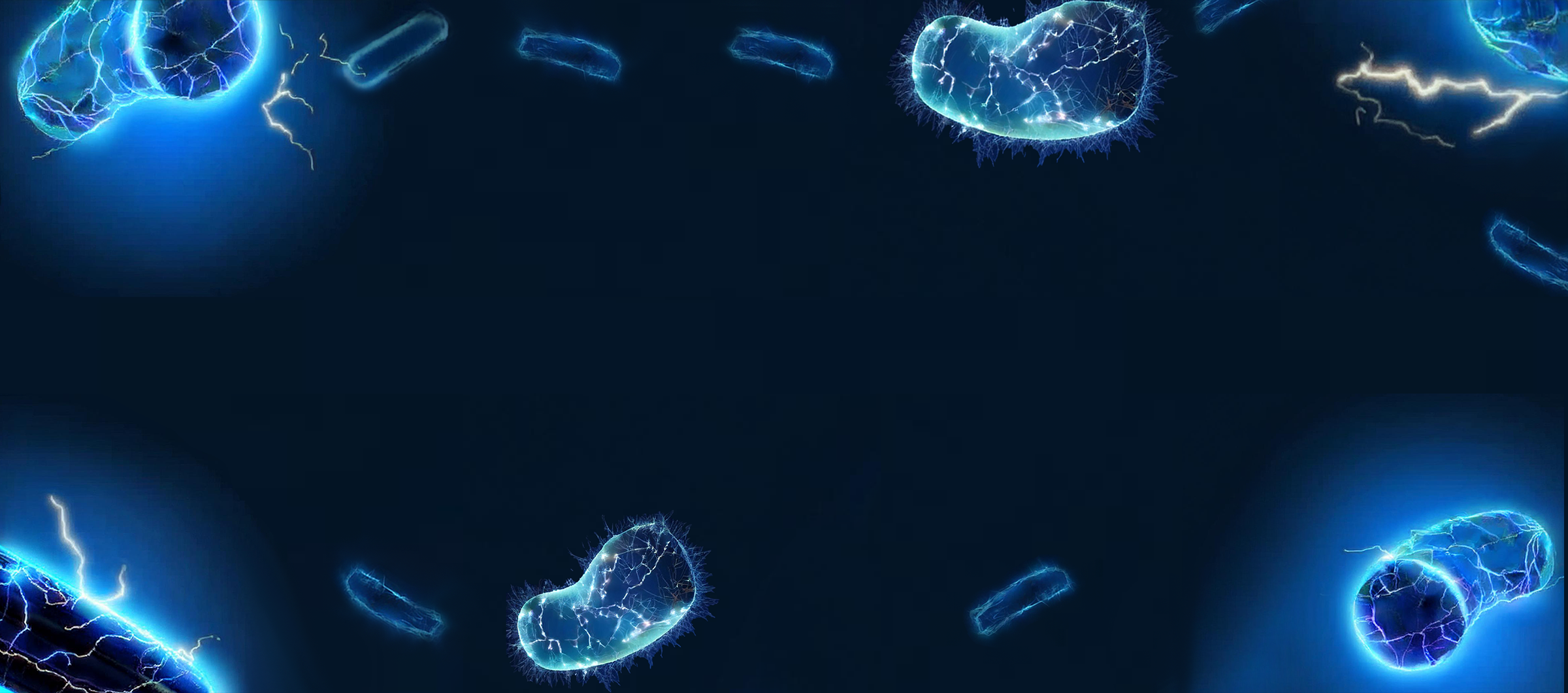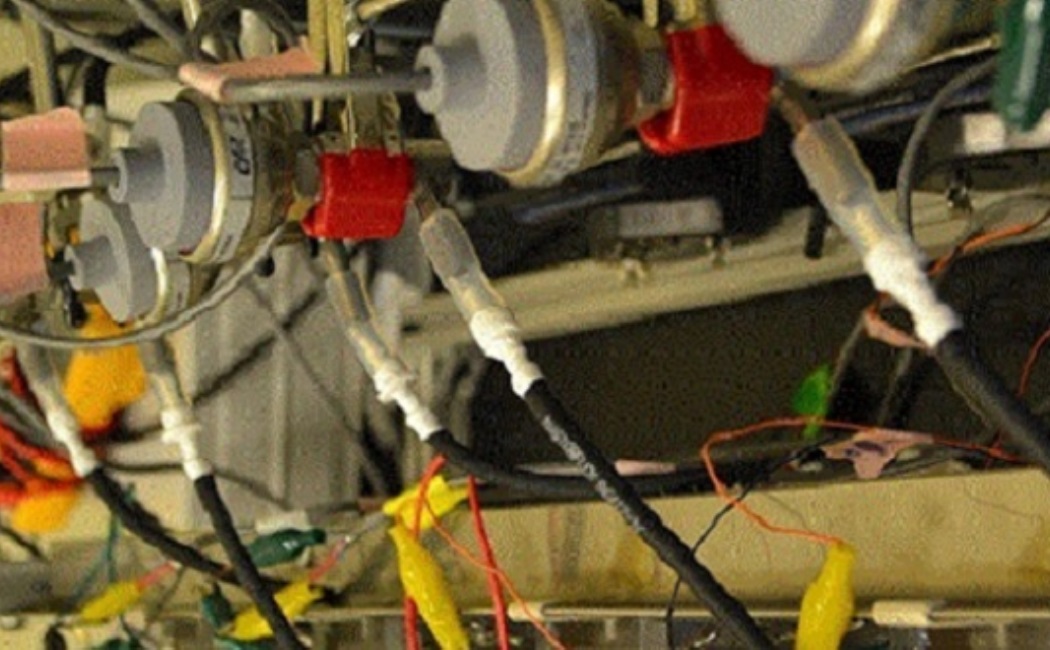Research at KAUST’s Water Desalination and Reuse Center shows that bioelectrochemical systems (BESs) can clean wastewater as effectively as conventional treatments while simultaneously producing usable energy.
“Wastewater treatment plants using microbial fuel cells could feasibly help power themselves, so there is considerable interest in using the technology in rural parts of developing countries where access to the main electricity grid is limited,” said Craig Werner.
The team, including Craig Werner, Pascal Saikaly, Gary Amy and colleagues from KAUST’s Water Desalination and Reuse Center, compared MFCs and MECs on a mix of ten trace organic compounds (pharmaceuticals, antibiotics, a flame retardant, a pesticide and an insecticide). Removal rates for eight compounds matched those of conventional treatment, while caffeine and the antibiotic trimethoprim were cleared more efficiently in MECs. The contaminants were eliminated through biotransformation or sorption onto the bacterial biofilm and electrodes, underscoring BES technology’s promise as a cost-effective, energy-generating alternative for water reuse.

